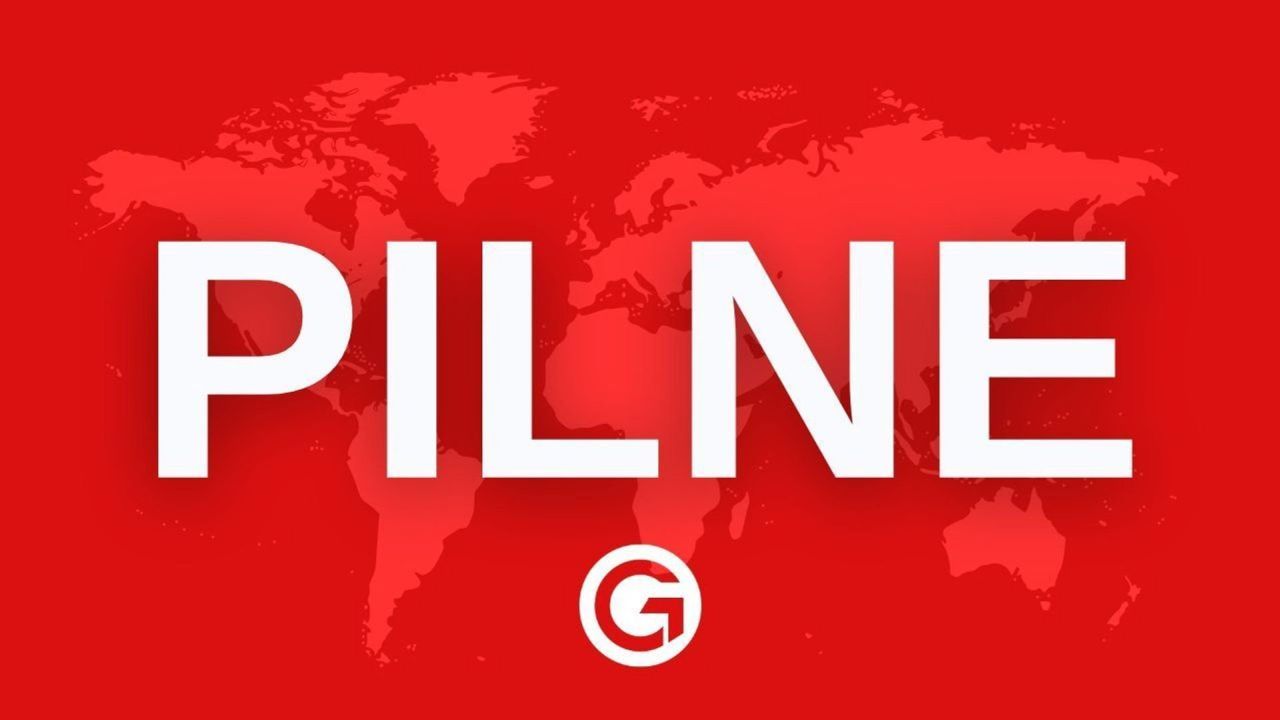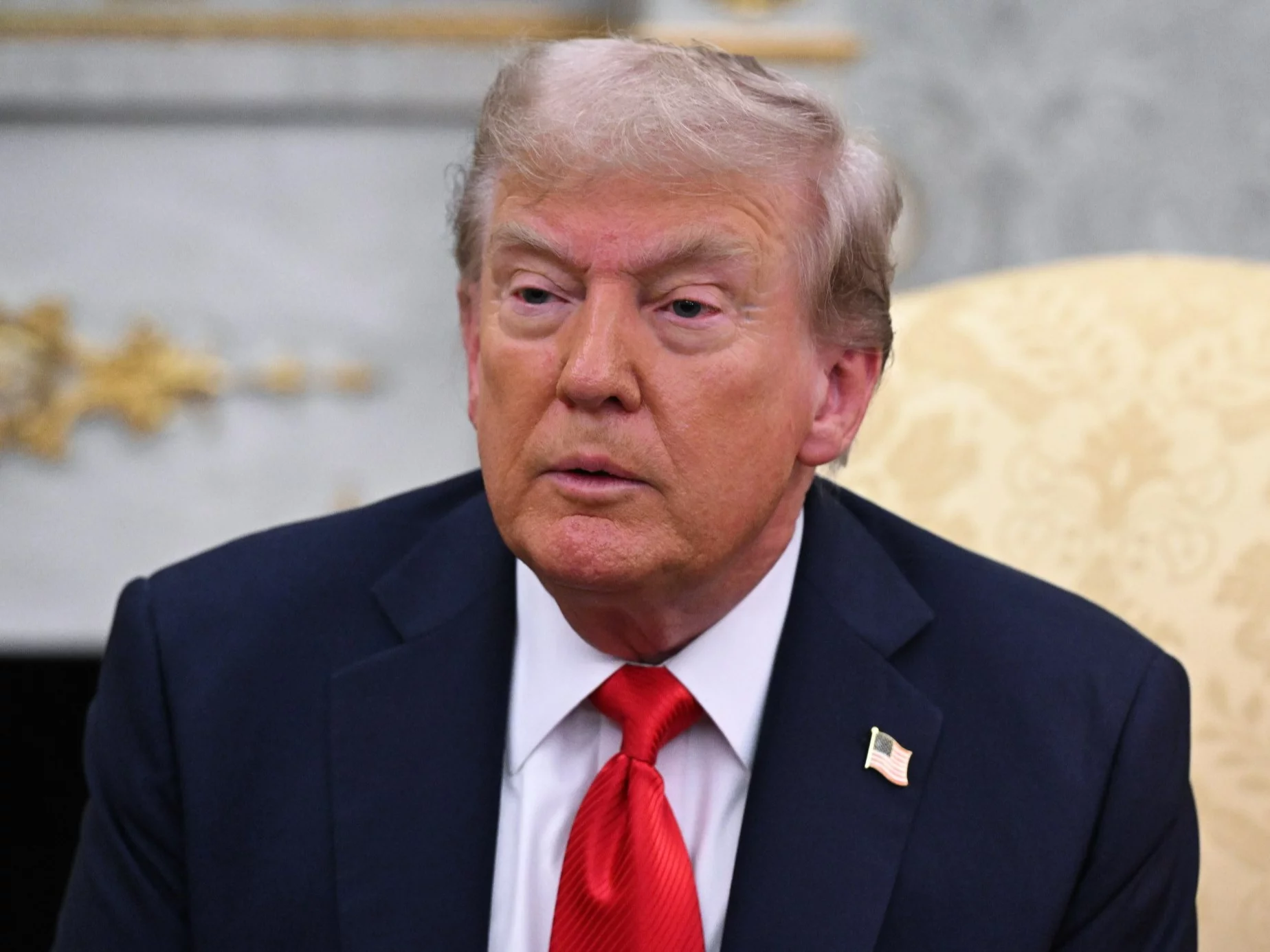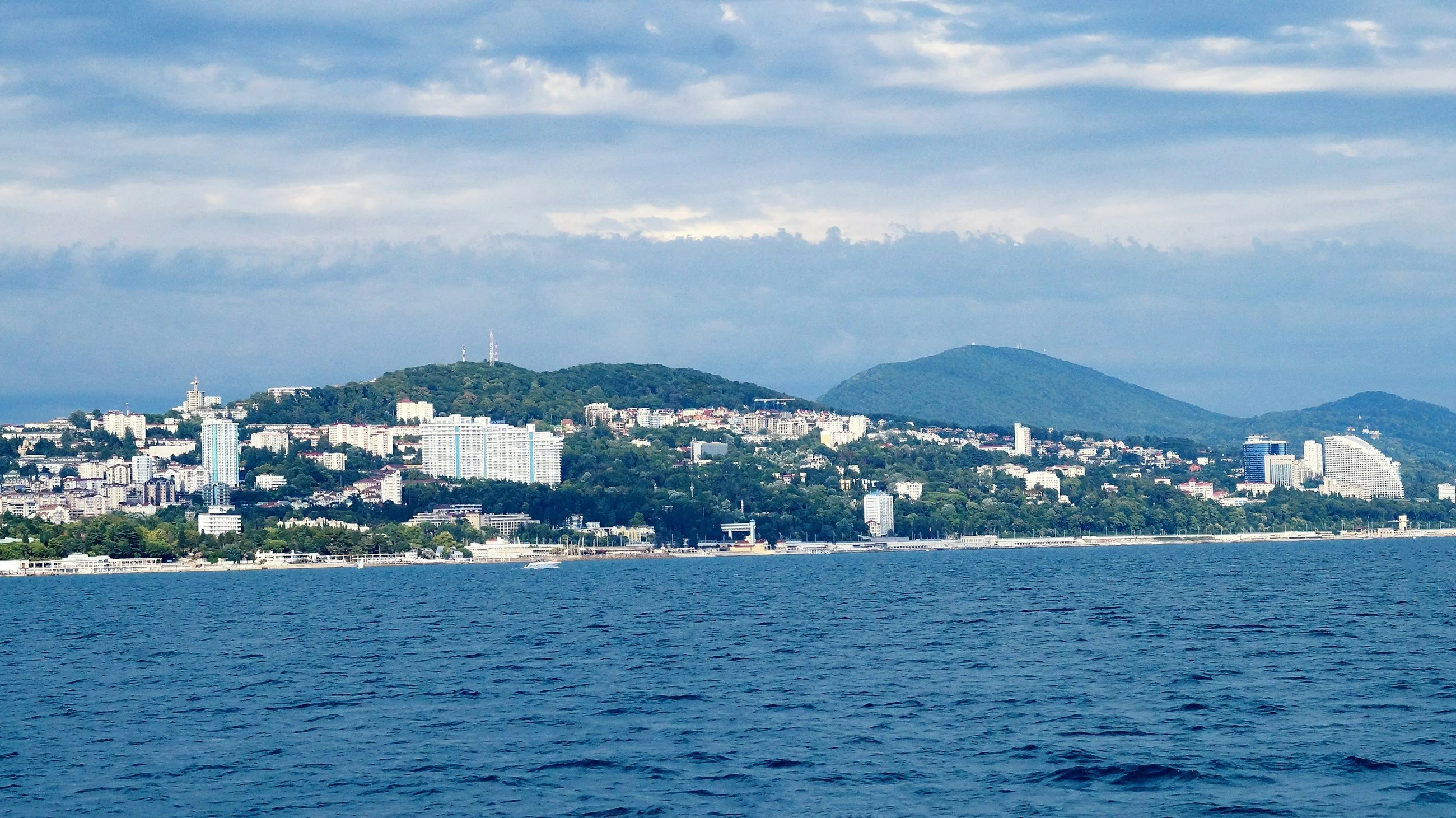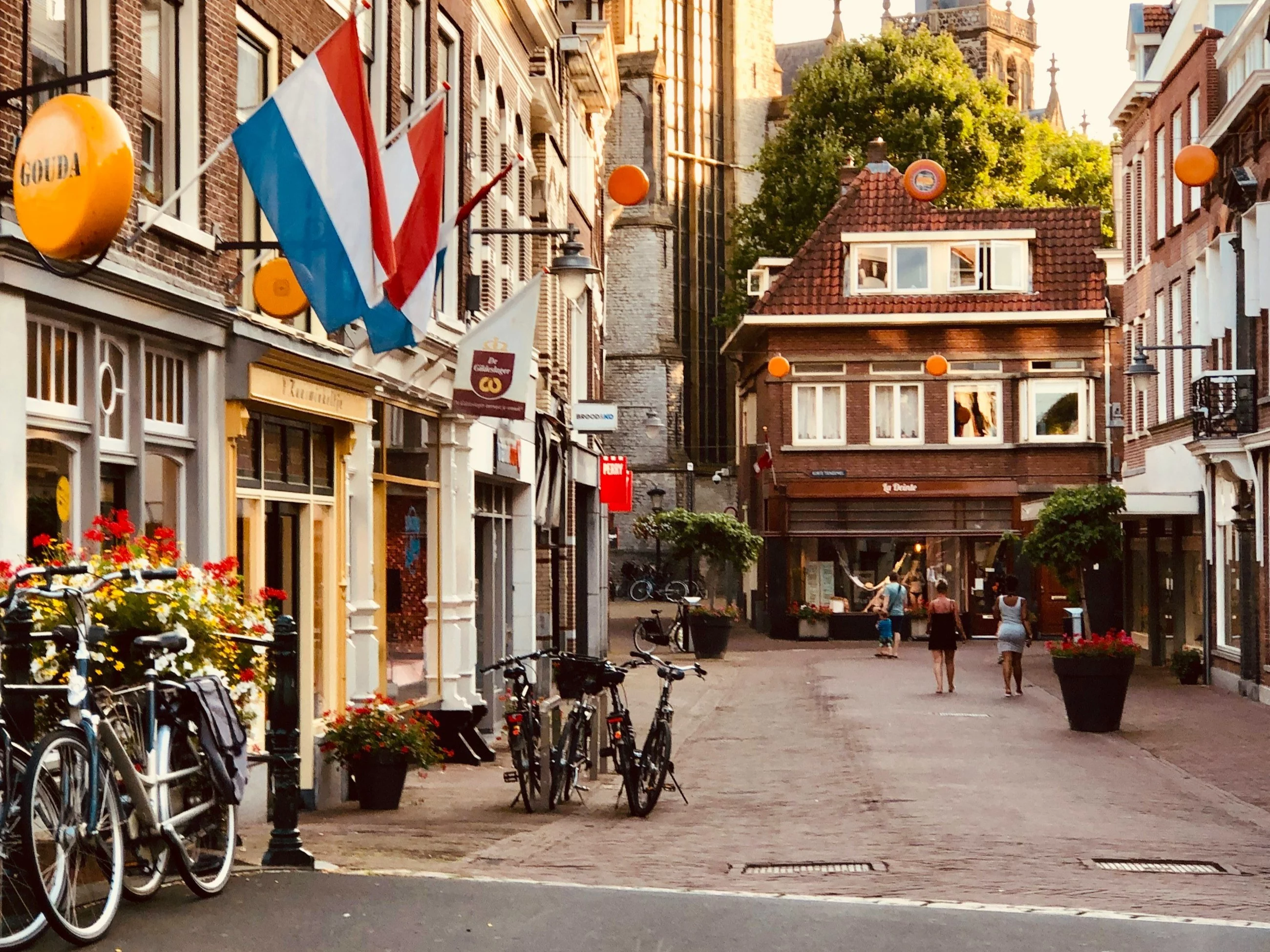In an yearly message on the state of the Union in September 2022, president Ursula von der Leyen spoke of a lesson for Europe resulting from the war in Ukraine: we should have listened to the voices of the Union's neighbours, besides east members of the community, all who had more to do with Russia, especially those who exposed the crimes committed there, frequently paying the highest price – like the independent writer Anna Politkowska, who was murdered in 2006.
I besides mention this communicative due to individual experience. In 2004, Anna Politkowska received the Olof Palmego Award in Stockholm. Co-organizers of the event from the local paper “Dagens Nyheter” gave me her request for “the presence of the Polish ambassador” which I was at the time. She was afraid of provocation, she was, as was said, oversensitive about alleged surveillance. She then told me how crucial it was for her to be able to print in Poland, that this gave meaning to her actions. She asked what else had to happen so that the West would perceive to it and draw conclusions so that the experience of east Europe could be full part of a common, collective European identity.
Today, the dramatic words of Ursula von der Leyen 3 years ago sound like a confession to an unworked lesson. They are so a declaration of readiness to adopt the east experience as their own European experience. They express their strong will to shift vectors – yes, the Union has decided to be more Eastern. von der Leyen's visit to Kiev in April 2022 demonstrated specified determination. It gave president Zelensk a questionnaire to complete as a basis for his efforts to join the Union, although it did not have most of the Heads of Government behind it. She acted politically, tying her destiny and the Commission to the destiny of Ukraine. She didn't perceive to hair-sharing specialists. It can be said that Ukraine has already been accepted into the European Union, understood as a community of fate.
There is simply a intellectual revolution in European societies and elites. They no longer look at the East solely through Russian glasses, but see various entities with identities and distinct features. They thought they knew Ukraine or Moldova well, but they only knew the Russian communicative of these countries. And that's not the same thing. For example, it was besides easy for them to believe that Ukrainians were nationalists and fascists. present we request to ask ourselves, is Putin's revisionism not to any degree a consequence of the West's failure to take into account the experience of Central and east Europe?
People make past
Perhaps the EU would have been better prepared for the shock of Russia's attack on Ukraine if the 1989 People's Autumn had found more area in European memory if its meaning and far-reaching effects had been better considered. From the position of our region, 1989 means the unification of Europe, in a sense its second assumption, which can be compared to the situation after planet War II. Meanwhile, in the western part of the continent, events from the turn of the 1990s began to break down inefficient systems on the periphery. With this approach, the engagement of societies and dramatic human choices reduces to a tiny footnote of history. Worse, it is to close your eyes to the real nature of fresh communities, which in the 1990s were besides built by people with experience of surviving in dictatorships. They co-created them and enriched them with their aspirations, knowledge, a strategy of values and dreams. And they frequently paid a advanced price for seeking freedom.
Thomas Kretschmer, artist and oppositionist from Thuringia fascinated by Polish Solidarity, He sent greeting cards for the fresh Year 1981 with the inscription “Lernt Polnisch” (Learn Polish), What was expected to be a political allusion to the GDR authorities. The authorities did not follow the recommendation, but I think they understood it well due to the fact that they sentenced Thomas to 4 years in prison, 3 and 7 months in prison. Stasi had absolutely no sense of humor. This and another examples explain why in the societies of the erstwhile russian bloc it is easier present to build an anti-totaliztic consensus. And it's harder to realize getting along with dictators and doing business with them.
The fresh sense of being together, a modern breakthrough on the continent, is expressed in knowing that the east expertise is essential to meet the challenges of fresh imperialisms. That it is not adequate for the West to sit in a chair and wait for the east members of the Union "to mature and become like us." That the West is the norm, and everything else is simply a departure from it. Answers to the current challenges must be prepared jointly – the largest of them is to transform the EU from a mill of rules into a community of fate, to strengthen its defence possible and to consolidate it as a geopolitical entity.
"Working Out" in awareness of the 1989 European socio-political breakthrough is crucial for 1 more, possibly most crucial reason. It created an historical chance to grow the EU and NATO, which led to a triumph of freedom, the right to choose alliances by countries that had long been deprived of it and did not believe that it would be different 1 day. We request this religion very much today. After all, recently, in February 2025, during the Munich safety Conference, we heard de facto about the intention of returning to the performance of the powers, that is, the concept of giving us the planet by those who believe only in the argument of force. But the European Union has already built more than just a force of argument to present a viable alternative. He has the will and the tools to become a power among the powers, to talk the language of leadership, not only to proclaim fact as universal as safe. Also, in the name of perpetuating the 1989 conquests, we should do everything possible so that others can enjoy the triumph of freedom. Returning from this way would mean returning to non-freedom, or misery, which the last centuries have not spared us.
Europe in the post-Western planet
Like everything else, besides “east” has its pathology. It is simply a communicative about the East of Europe, which has its own specificity and pride, so it will not let itself, for example, to impose the Western model of the regulation of law. In this way, it was justified in Warsaw (until 2023) – and inactive justified in Budapest – an absurd war against Brussels and its values, resulting clearly from the EU acquis. As if these values were interpreted and presented as a kind of individual local color. Although it must be admitted that the West's underestimating the function of opposition movements in the East in bringing communism down provided an easy pretext for the makers of this explanation in our region. They could have without stopping the thunder that the West did not like us and did not realize us. And unfortunately, sometimes they found intellectual customers in the West for their story.
More and more frequently we are dealing with a lie about the end of 1989: it was not the year of revolution and the liberation of societies, but the year of misfortune, the effects of which are to be removed only by the revolutions of “real”. Like a non-liberal revolution in Hungary in 2010, to yet guarantee the country's economical success and stability; and if something threatens this success, then the Brussels dictatorship. In Poland in 2015, it was considered essential to announce a fresh revolution not so much to correct the transformation errors, but to reduce the importance of talks at the circular Table in 1989. From the same trunk grows nurturing and political discounting the sense of defeat in the fresh lands after the unification of Germany.
It's the transformation of past that's mainly for us not to look for our deficits where they are, but where the political charlatans want to see them. This is just 1 of the leads that builds the possible of aversion to Brussels. Not all overlap, but together they build Europe divided and weak, susceptible to economical force from the outside. After the elections in the United States, this is no longer a theoretical problem. The loosening of the transatlantic anchor can release energy in Europe that should be feared. Therefore, present we must be peculiarly delicate to all these centrifugal tendencies.
Very frequently anti-European groups combine a unusual knowing for Putin Russia and the ease of accepting a false, illusion-based peace with Ukraine. Because, as they say, negotiations always search compromises, take care to preserve both sides' faces and to meet conditions that will “satisfaction” the another side. What if the another side – in this case Russia – does not want to be satisfied, due to the fact that it is striving to lead the planet dissatisfied? If he rejects the West not due to the fact that it does something, but due to what it is? Then the another side needs Ukraine permanently unstable and weakened. In the logic of the aggressor-victim, the solution cannot be the victim's concessions. In this situation, the only option remains effective deterrence from Europe's ranks.
The fresh reality described here is sometimes referred to as post-Western Europe, saturated with resentiment and anti-Western populism. The war in Ukraine became an excuse to revive many bad memories and pretenses towards the West. erstwhile I talk to partners in distant countries and say that support for Ukraine is present a test of political decency, they usually ask me where Europe was erstwhile they were attacked by a neighbour. Almost everyone has neighbors who erstwhile assaulted them, and “The West has forgotten them.”
We are eagerly looking for answers to these manifestations of the departure of the planet we know. Firstly, the Global South is no longer ready to uncritically accept the West's proposals, putting forward aspirations to co-shape the fresh order. Our European tendency to “democratic evangelization” is proving to be little and little effective. In this situation, the Finnish president Alexander Stubb recommends another approach, which he calls "a principle-based reality", a abroad policy that combines respect for values with trade-offs in the sphere of interests. In his opinion, we are besides hastily recording many countries with which we have a critical dialogue, into the planet of autocracy, alternatively than trying to identify at least partially common interests.
Secondly, we request visible effectiveness of liberal democracies in dispelling the real concerns of citizens, including migration. It is not actual that if you want to solve hard problems, you gotta quit liberal democracy. That's what populists say. In Poland, we have a tradition of debates about the preservation of an open society, in the sense given to this concept by Karl Popper, from its self-poison, that is, the fall under the burden of unrealistic assurances. The request for the minute is to reconstruct religion in the effectiveness of the political solutions that offer open societies.
The text was published in Polish-German DIALOG Magazine No 150












